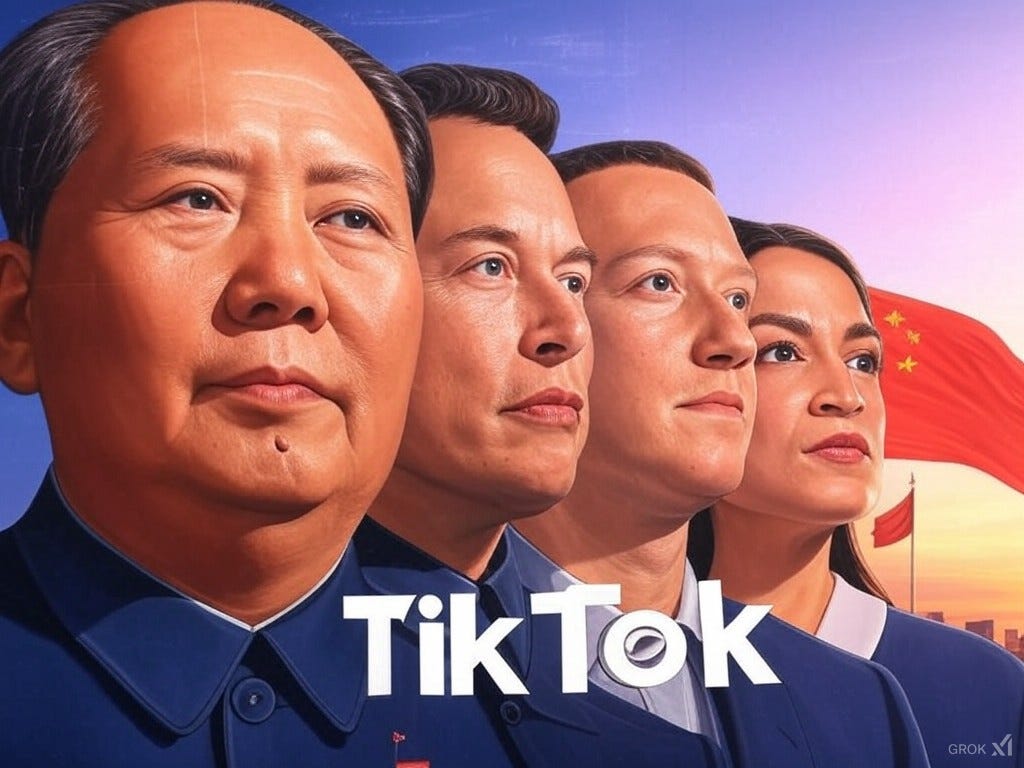The battle lines are drawn. On one side stands ByteDance, the Chinese tech giant masquerading as a harmless purveyor of dance videos and viral trends. On the other, the fundamental security interests of the American people.
The best reaction vid I’ve ever seen: Ayame.p vs SpaghettiOs Burger. Oscar worthy performance.
As the Supreme Court weighs the constitutionality of PAFACA (Protecting Americans from Foreign Adversary Controlled Applications Act), we find ourselves at a watershed moment in the fight against digital colonialism. The law, passed with strong bipartisan support and signed by President Biden in April 2024, represents a rare moment of clarity in Washington – the recognition that allowing a Chinese Communist Party-linked company unfettered access to the data of 170 million Americans represents an unprecedented national security threat.
The technical mechanics of the ban are straightforward: by January 19th, app stores and cloud service providers must cease supporting TikTok unless ByteDance divests its U.S. operations. But beneath this seemingly simple directive lies a complex web of implications that cut to the heart of our ongoing struggle with China's techno-authoritarian ambitions.
TikTok's lawyers are spinning tales of First Amendment violations and overreach, but let's be clear: this isn't about free speech. It's about preventing a sophisticated surveillance apparatus, backed by a hostile foreign power, from maintaining its digital beachhead in American phones, homes, and minds.
The app's defenders point to hypothetical workarounds – VPNs, sideloading, jailbreaking. But these technical gymnastics miss the larger point: Why should Americans need to resort to digital subterfuge to access a platform that harvests their data for a foreign adversary?
The coming months will prove decisive. As President-elect Trump prepares to take office, he faces three potential paths forward: congressional repeal (unlikely), non-enforcement (legally precarious), or creative interpretation of ByteDance's compliance. But the fundamental question remains: Will America finally close this digital backdoor to Beijing, or will we continue to sacrifice national security on the altar of algorithmic entertainment?
The clock is ticking. The Supreme Court's decision will determine whether we've finally learned the costly lessons about the price of digital naiveté, or if we'll continue our dangerous dance with digital dragons.







You idiots aren’t fooling anyone. Donald Trump and his buddies are trying to devalue the company so they can buy it.
4chan, twitter, and Facebook is much more dangerous than Tik Tok